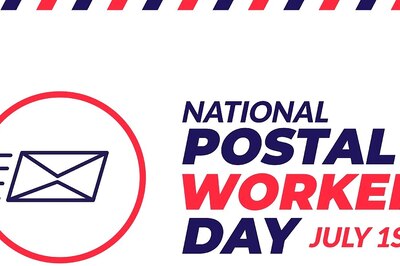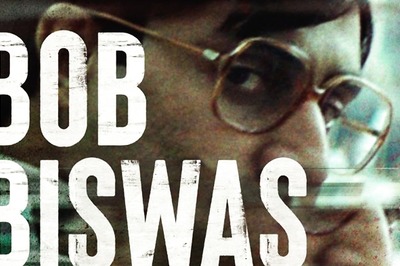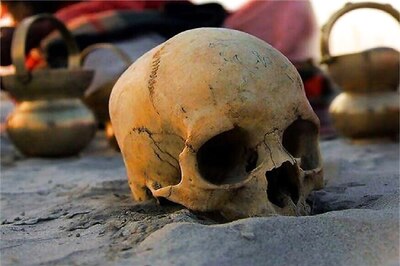
views
Washington DC: As part of a sting operation called Operation Meth Merchant, Federal prosecutors in the southern US state of Georgia have charged 49 individuals for knowingly selling products that can be used to produce a highly addictive and illegal drug called Methamphetamine.
A majority of those indicted are Indian-American store clerks with the last name of Patel. But South Asian and civil rights groups say the operation intentionally targeted the Indian-American community.
At an event organised by the Center for American Progress in Washington DC on Monday, civil rights activists called Operation Meth Merchant a racially-motivated campaign against the Indian American community in Northwest Georgia.
"Lives have been destroyed, businesses destroyed and families torn apart. One woman with a four-month-old baby was left homeless. More than half of the stores have been closed and others have considered committing suicide," said Deepali Gokhale, a civil rights activist.
Operation Meth Merchant began in the summer of 2004. Instead of drug producers or dealers, the operation targeted convenience store clerks who, prosecutors say, were intentionally selling common household items like matches, aluminum foil and cold medicines to customers.
These items could be used to make meth. While three-fourths of the stores in the area are white-owned, statistics of the sting operation, activists say, show that 44 of the 49 charged in the case happened to be Indian Americans with 33 of them having Patel as their last name.
And informants used in this operation by federal officers were drug offenders who were paid and promised lighter sentences in exchange for aiding the prosecution.
"With the amount of products given -- the matches, Sudafed, aluminum foil -- that are being sold in much larger retail outfits, there were no individuals prosecuted from the Costcos and the Walmarts in any of the 75 per cent of the convenience stores in the areas. And we don’t think any of these cases should be allowed to stand because of the illegal racial profiling that occurred in these cases," Vanita Gupta, a civil rights lawyer, claims.
Moreover, rights activists say the clerks could not have intentionally sold the products to potential drug users, because they only had transactional language skills.
"The informants that came into these stores to buy often used language such as 'I'm going to use these ingredients to make up the cook. Now, I don’t know about you, but I certainly don’t know what make up the cook means," Deepa Iyer, Executive Director of South Asian American Leaders of Tomorrow (SAALT).
Seven of the 44 charged in this case will now stand trial, which is expected to begin this month.
Meanwhile, charges have been dropped against 14 of the 44 Indian-American defendants in this case. As many as 23 have taken a plea bargain and seven are facing trial. If convicted, the defendants could face up to 25 years in prison, a fine of $50,000 and a possible deportation back to India.




















Comments
0 comment